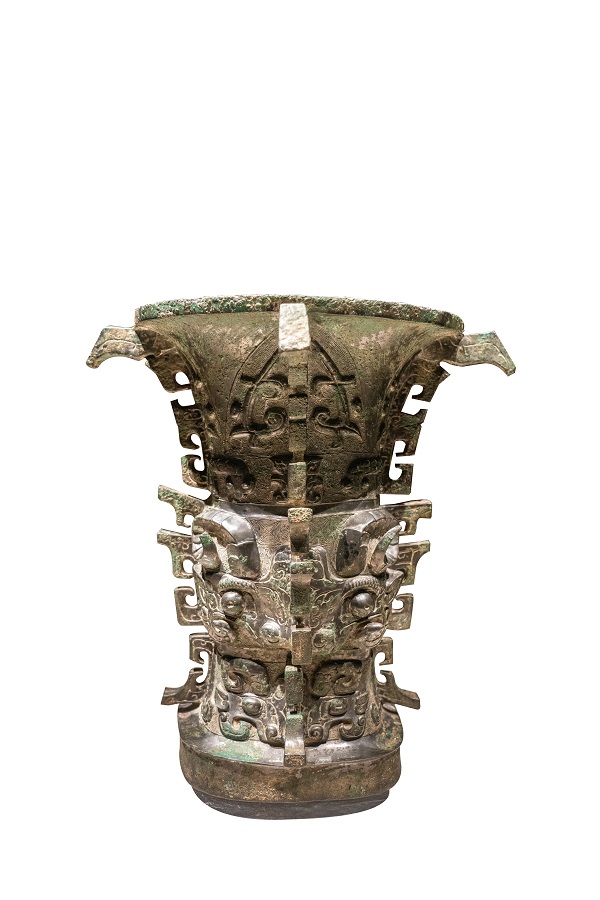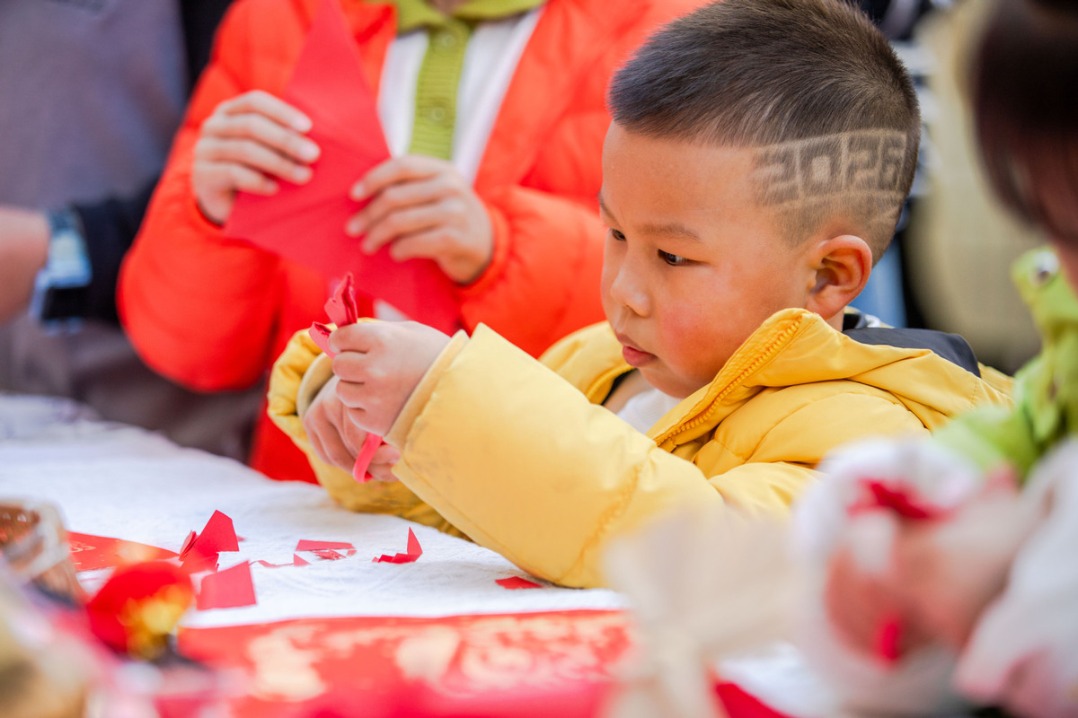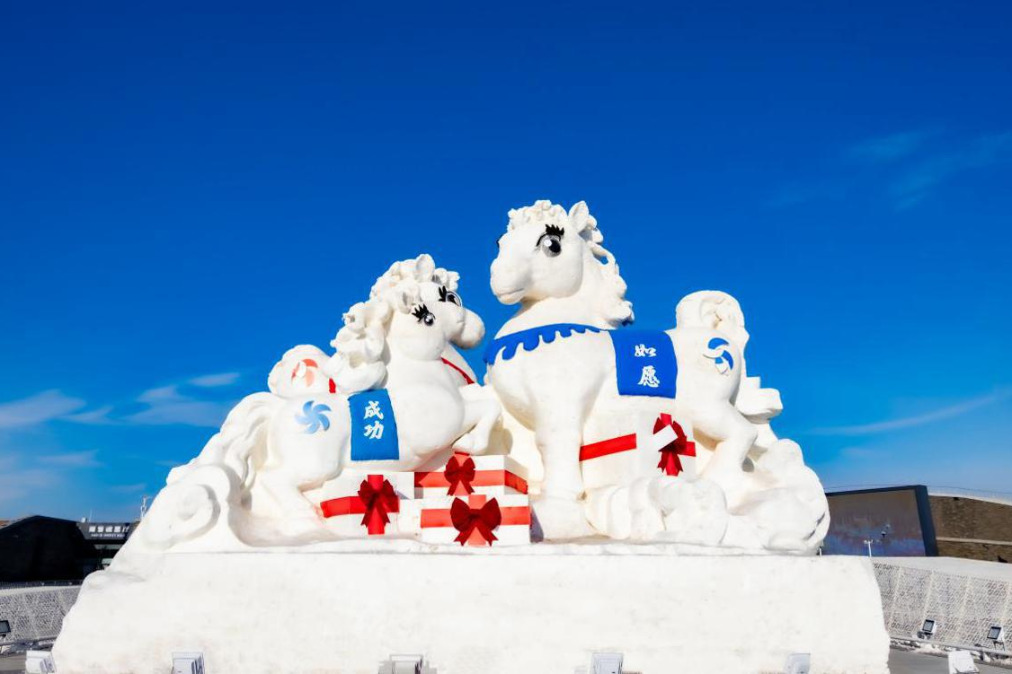President's keen interest in bronze relics impresses guide


Teng Xiaohua, a guide at the Baoji Bronze Ware Museum in Northwest China's Shaanxi province, received a special guest on Tuesday afternoon. She spent over an hour introducing President Xi Jinping to the history and culture of the Zhou and Qin dynasties (1046-207 BC) and the museum's exquisite bronzes.
The 34-year-old said that, with a mixed feeling of excitement and nervousness, she was impressed with Xi's keen interest and deep curiosity in the historical and cultural value of the bronzes.
"He asked many detailed questions regarding the users of the bronzes, the inscriptions on the pieces, as well as the origin of the Qin people," she said.
In his inspection tour to the museum, the president took a close look at exhibits such as He Zun, a bronze ritual wine vessel carrying the earliest written record of the Chinese characters for "China".
Teng, who has worked at the museum for 12 years, recalled how Xi carefully circled the display to examine the He Zun closely and asked her questions about the wine vessel.
"I was deeply moved by his attentiveness and respect for China's ancient civilization," she said.
During the tour, Xi also learned about the strengthened preservation, study and utilization of cultural relics.
Chinese civilization, which dates back 5,000 years, should be further explored and studied, Xi said, noting that more efforts are required to illustrate its essence and promote the great wisdom it embodies.
These efforts would help people develop a strengthened sense of pride in Chinese civilization, and pass on fine traditional Chinese culture from generation to generation, he said.
"Xi's remarks made me realize that we are not only museum guides, but also have the responsibility to spread culture. Every time we introduce these bronzes, we are contributing to the preservation and promotion of Chinese civilization," Teng said.
Ning Yaying, director of the Baoji Bronze Ware Museum, said she was inspired by Xi's visit.
"We will focus on protecting these bronze treasures, carrying out deeper research and bringing cultural relics to life through exhibitions, creative cultural products and educational programs," she said, adding that these moves will help more people learn about the nature of China's traditional culture.
After Baoji, Xi went to Tianshui, Gansu province, where he toured the Fuxi Temple and the Maijishan Grottoes and learned about efforts to preserve and pass on cultural heritage.
Fuxi Temple is the oldest and most well-preserved temple dedicated to the worship of Fuxi, one of China's legendary ancestors. It is now a nationally protected cultural heritage site.
The Maijishan Grottoes site, built during the Later Qin period of the Sixteen Kingdoms over 1,600 years ago, contains 221 grottoes, more than 10,600 sculptures, and over 1,000 square meters of murals. In 2014, it was listed as a UNESCO World Heritage site.
- Hainan registers record flow of foreign visitors
- Hebei discovery sheds light on development of Stone Age tools
- Lion parade sparks debate at Anhui zoo
- Shenzhen hosts China's biggest recruitment fair of 2025
- China Mining Conference and Exhibition set for September
- China places geological survey satellite in orbit





































